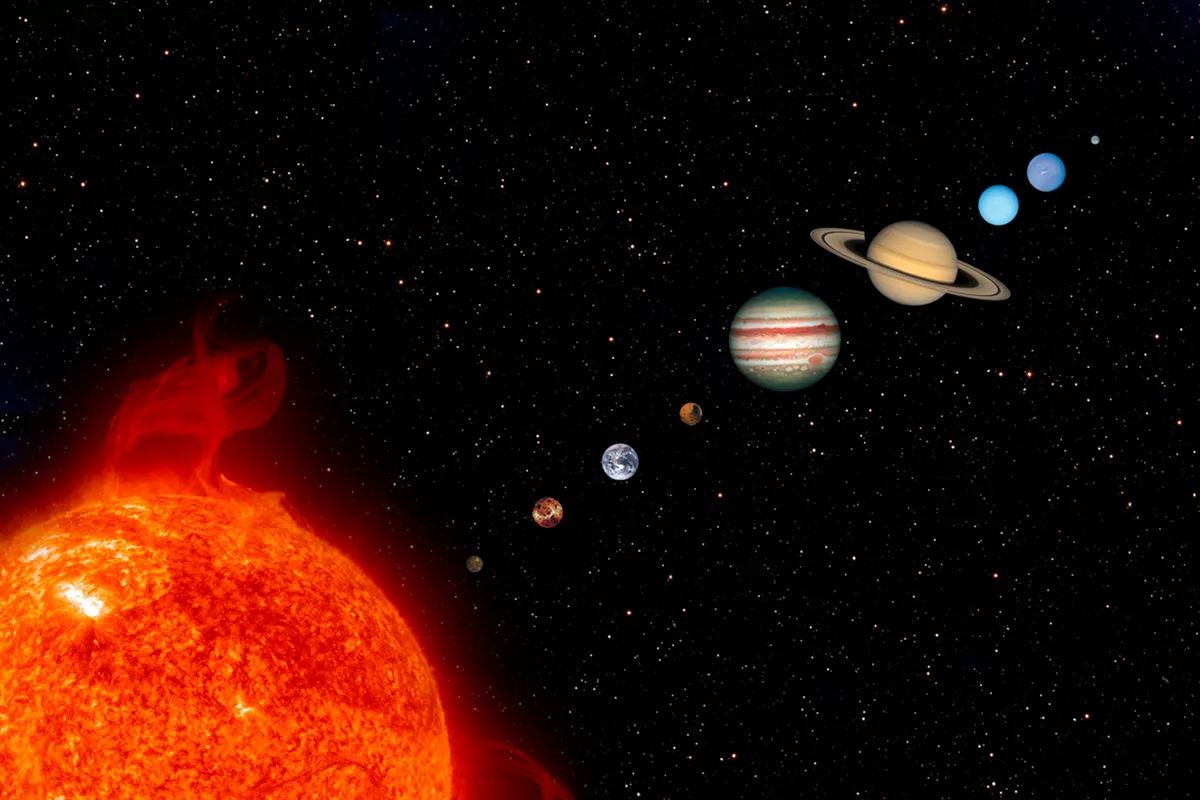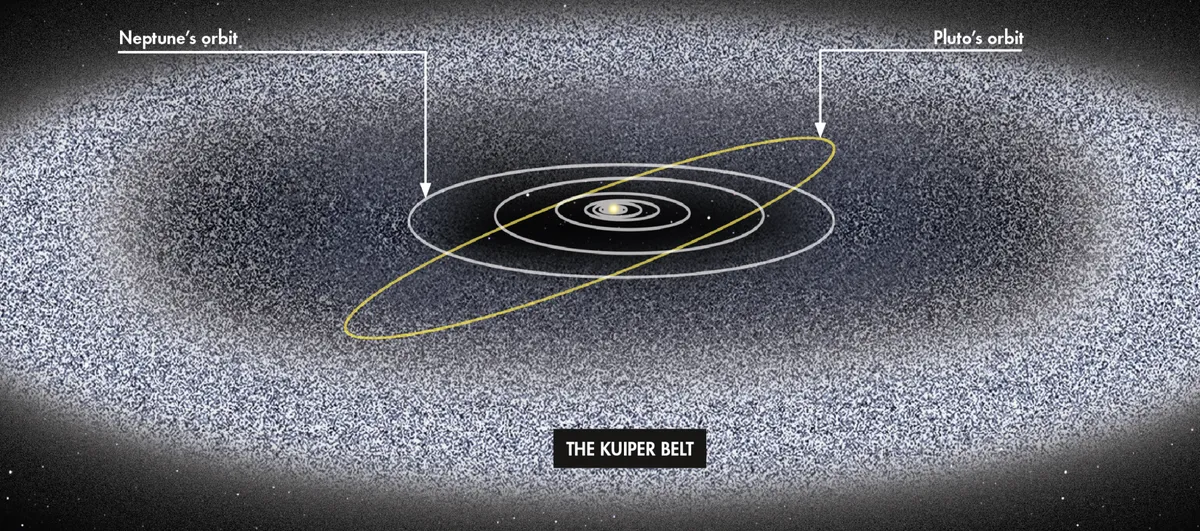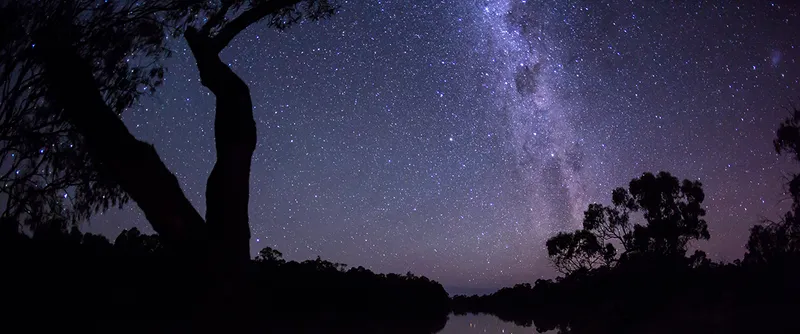How many planets are there? There are 8 planets in our Solar System: Mercury, Venus, Earth, Mars, Jupiter, Saturn, Uranus and Neptune.
But this is a trickier question to answer than you might think, at least historically speaking.
The answer to how many planets there are was once simple, as those of us old enough will recall.
There were nine planets, they all orbited the Sun and, following a poll of astronauts and cosmonauts, Earth was officially declared the happiest of them.
Are you a teacher? Demonstrate the order of planets with our DIY project to make a scale model of the Solar System

Which was good, because by some remarkable coincidence, “Space men vote Earth most jolly of solar universe’s nine planets” just happened to start with all the same letters as the order of the bodies of the Solar System: Sun, Mercury, Venus, Earth, Mars, Jupiter, Saturn, Uranus, Neptune and Pluto.
Funny, that!
Only then things changed.
The loss of Pluto the planet

In the late 1980s and early 1990s, astronomers began to find other large objects lurking beyond Neptune, known as Trans-Neptunian Objects (TNOs).
These large objects populate the Kuiper Belt on the edge of the Solar System.
This culminated in the 2005 discovery of Eris, roughly the same size as Pluto but with 27% more mass, strengthening the argument Pluto shouldn't be considered a planet.
Meanwhile, other astronomers had by 1992 positively identified the first exoplanet – that is, a planet outside our own Solar System.
As time went on, it became clear that far from being unique to the neighbourhood surrounding the Sun, planets were almost certainly abundant throughout the Universe.
In fact, many astronomers now believe that, wherever you see a star, you’ll find at least one planet – if not an entire planetary system akin to our own.

What makes a planet
Faced with a sudden abundance of 'planets' both on our doorstep and further afield, the International Astronomy Union decided in 2006 that a new, stricter definition of the word was required.
They came up with three criteria for Solar System planethood:
- A planet must orbit the Sun
- A planet must have been rounded off by gravity
- A planet must have enough gravity of its own to clear its orbital path of debris
Pluto met the first two criteria but not the third. So Pluto was reclassified as a 'dwarf planet', along with Eris and several other trans-Neptunian objects since discovered.

So how many planets are there? The simple answer these days is there are 8 planets in our Solar System.
But beyond that? The current number of confirmed exoplanets is over 5,000, but there are absolutely bloomin’ gazillions of them (probably) in the Universe at large.
Take your pick, but we know which lot we’d rather count…

